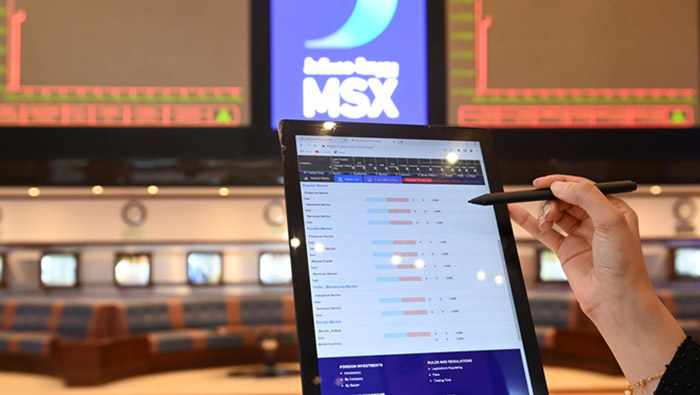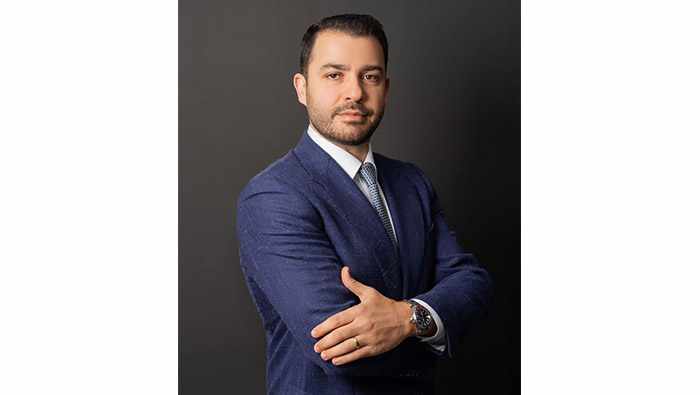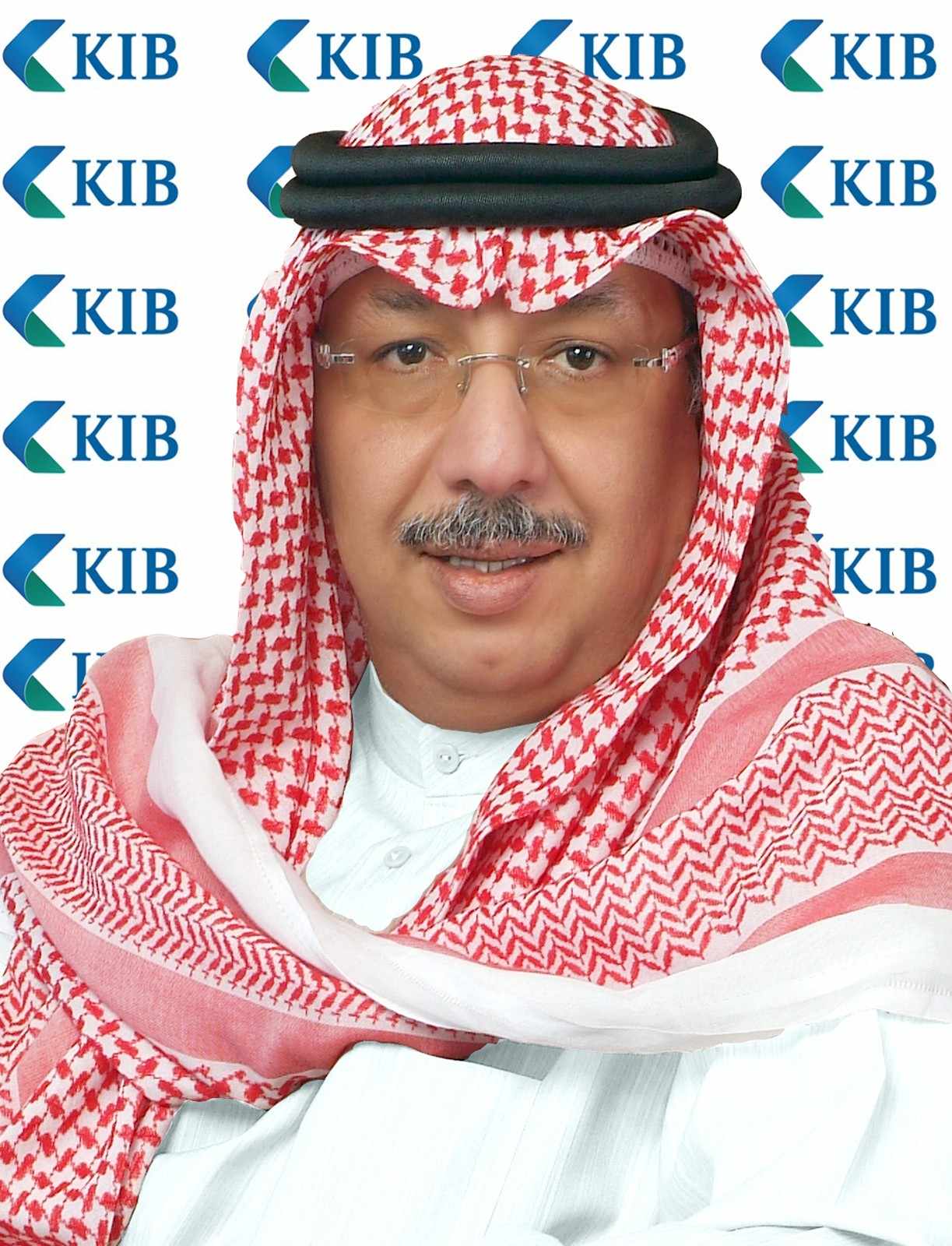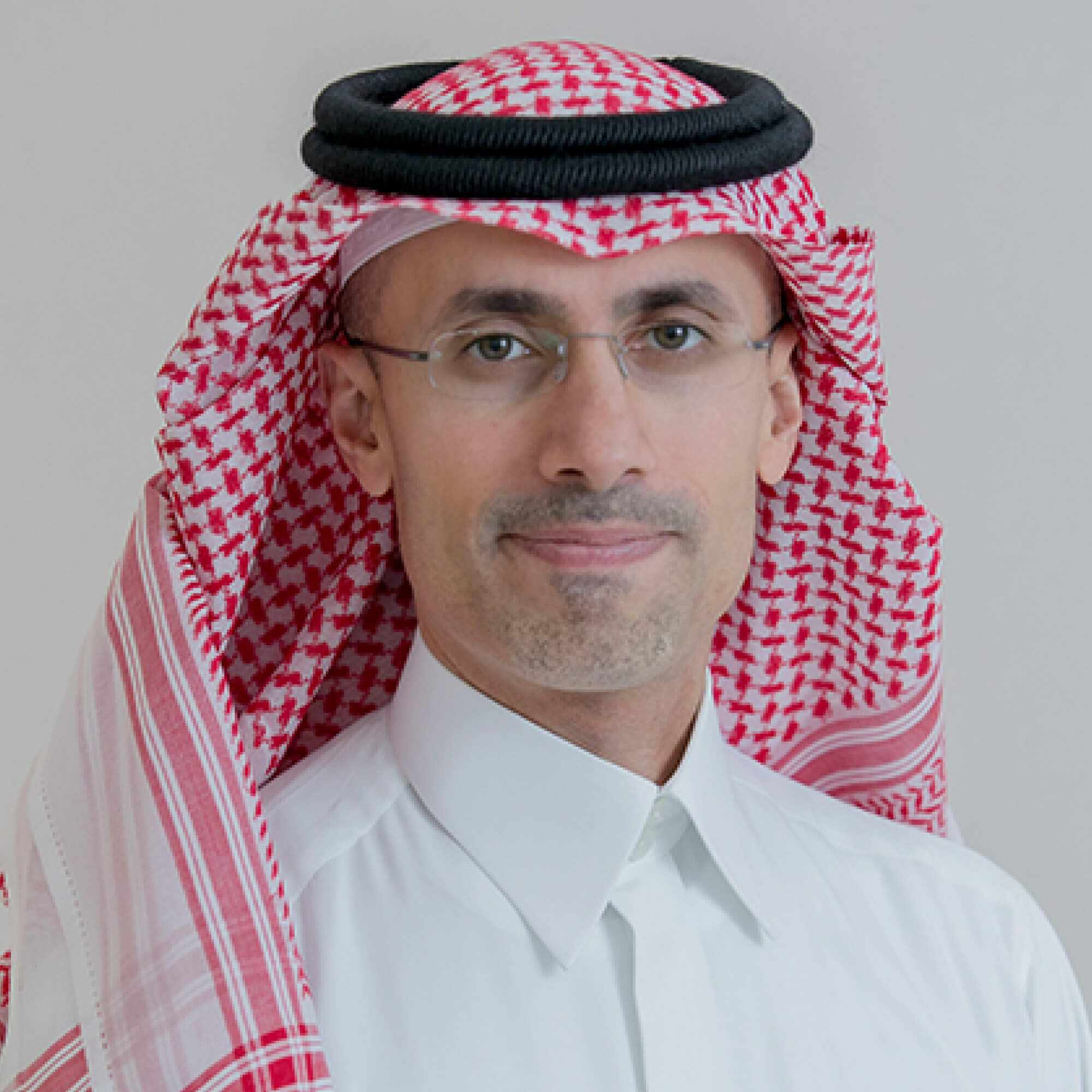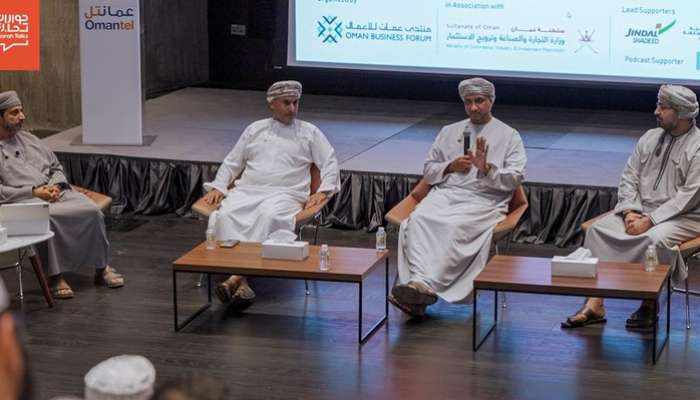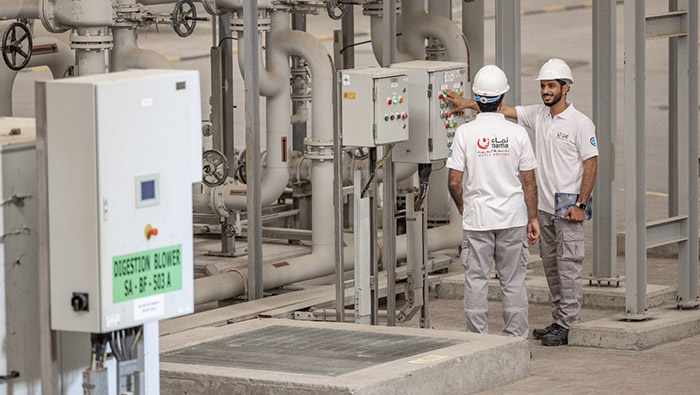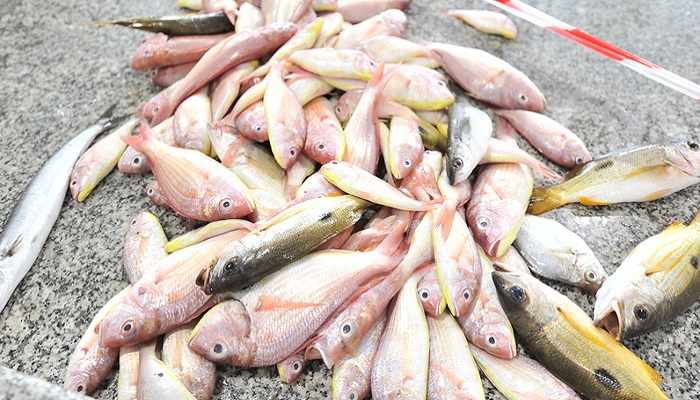Unlocking the potential of Sukuk in Financing Oman’s Sustainable Development
- Date: 28-Feb-2024
- Source: Times of Oman
- Sector:Financial Markets
- Country:Oman
Unlocking the potential of Sukuk in Financing Oman’s Sustainable Development
Muscat: As Oman charts its course towards a greener energy future, aligning with UN Sustainable Development Goals (SDGs) and fostering a climate-resilient economy, the challenge of financing this transformation in a sustainable manner looms large for our modest-sized economy. The estimated price tag, reaching tens of billions of US dollars, underscores the substantial investment required. For instance, Oman's nascent green hydrogen industry alone aims for $40 billion in investment by 2030. When factoring in the costs of decarbonizing various sectors and developing climate-resilient infrastructure, the overall figure becomes astronomical. Recognizing this financial challenge, the Omani government, through the Ministry of Finance, underscores the pivotal role of Islamic finance, particularly sukuk, in supporting this seismic shift toward a sustainable future. The recently unveiled Sustainable Finance Framework outlines the intention to issue Green, Social, and Sustainability bonds, loans, or sukuk for projects delivering environmental and social benefits. Islamic finance, inherently sustainable in nature, operates on principles such as shared reward, tangible underlying assets, and the avoidance of purely financial transactions. Often referred to as 'responsible investing,' Islamic finance shares common ground with Environmental, Social, and Governance (ESG) principles. The key to unlocking sharia-compliant Islamic finance lies in leveraging Oman's Islamic capital market,


